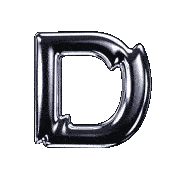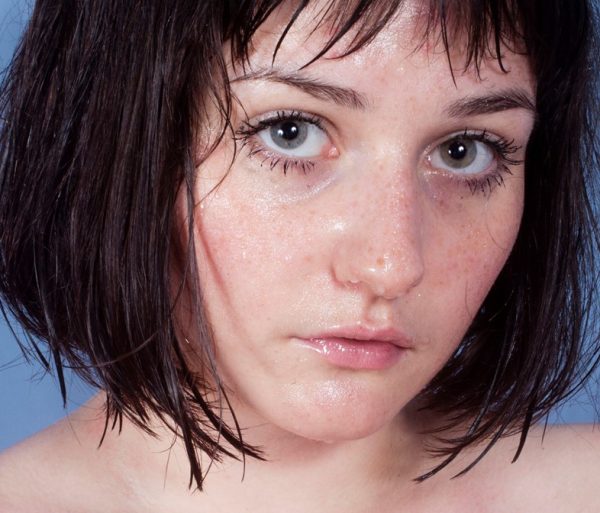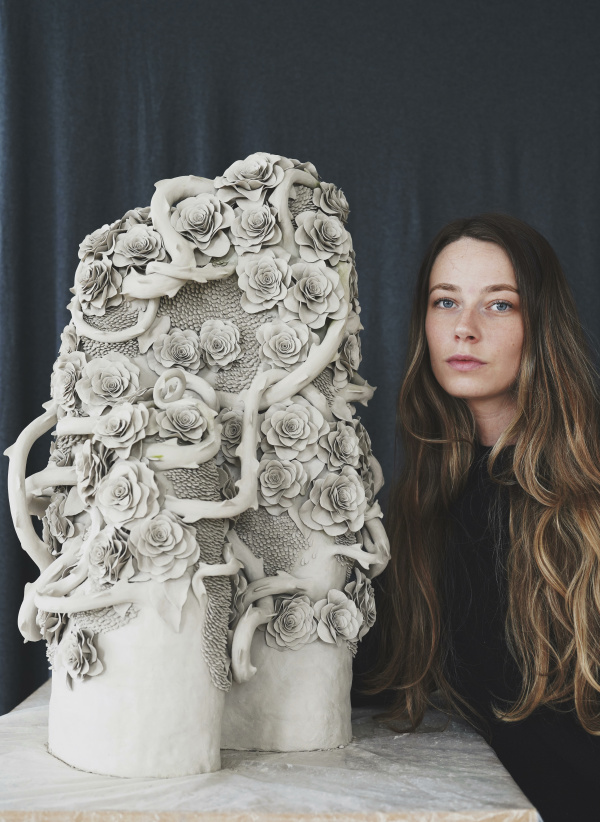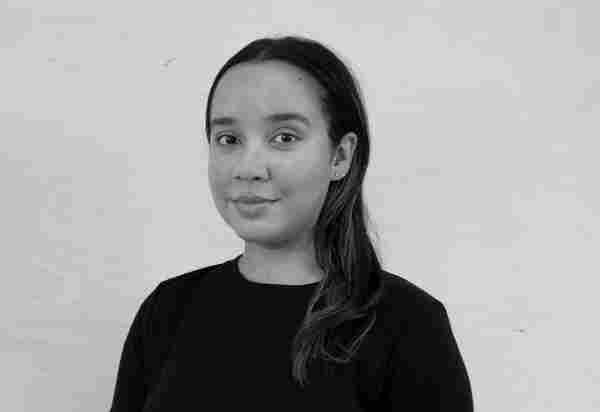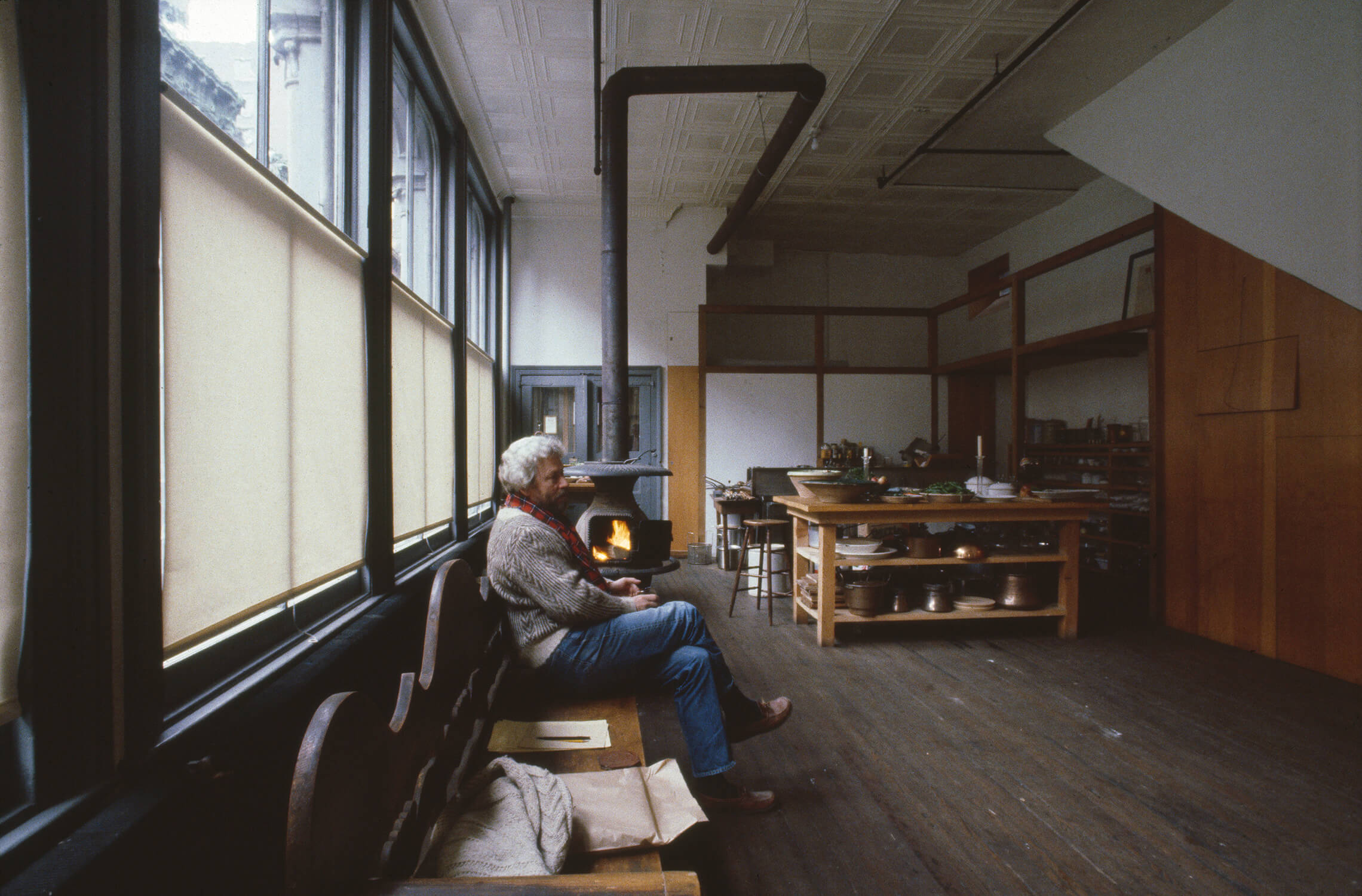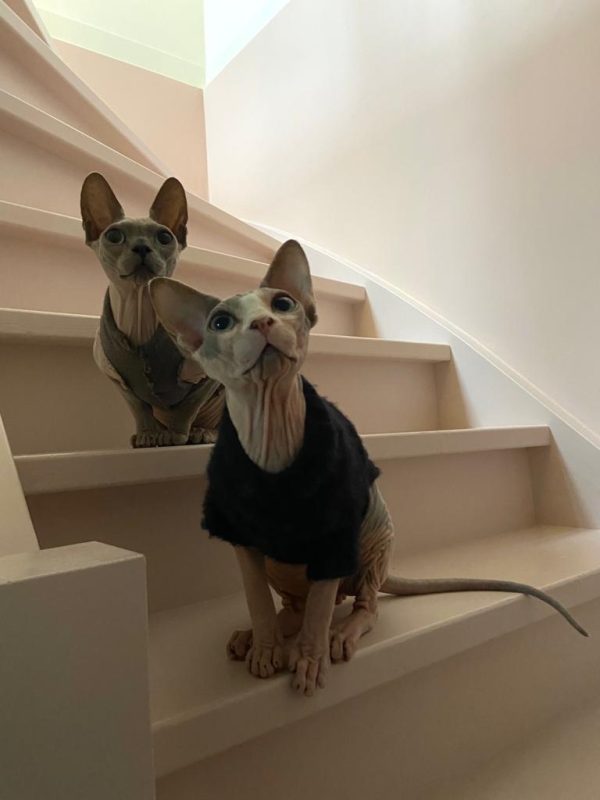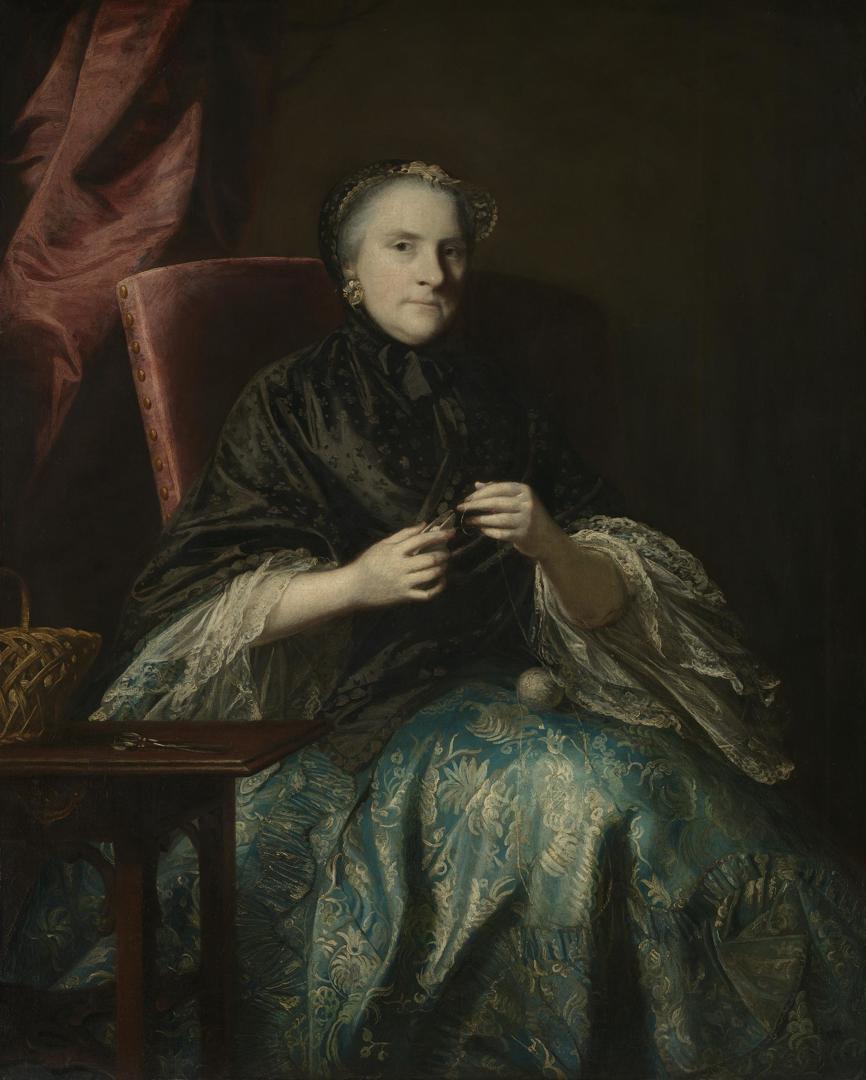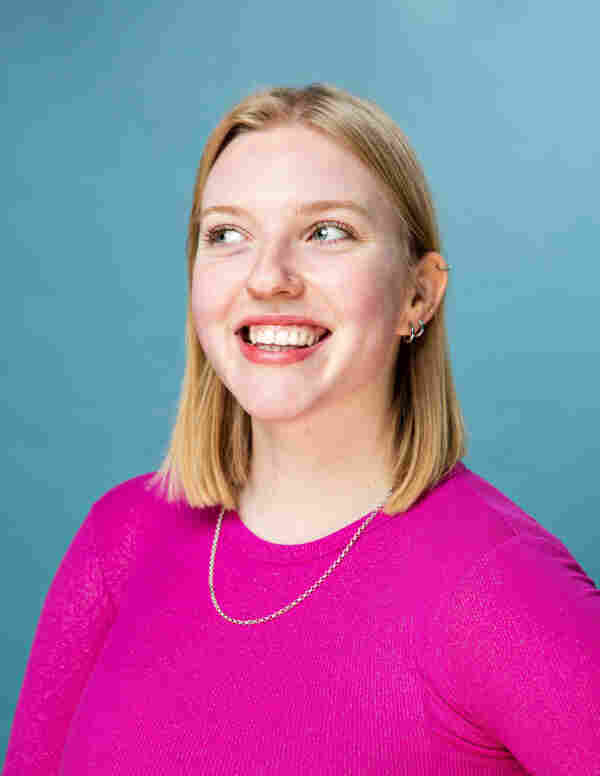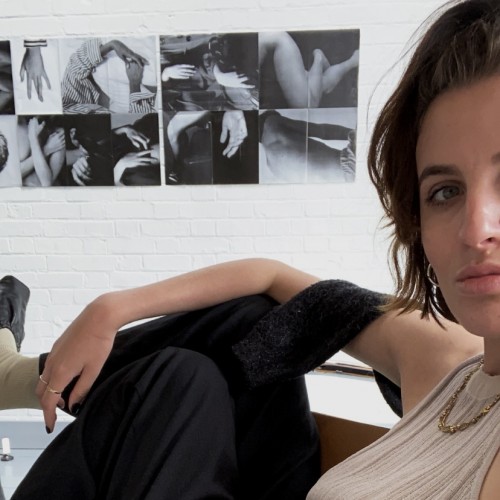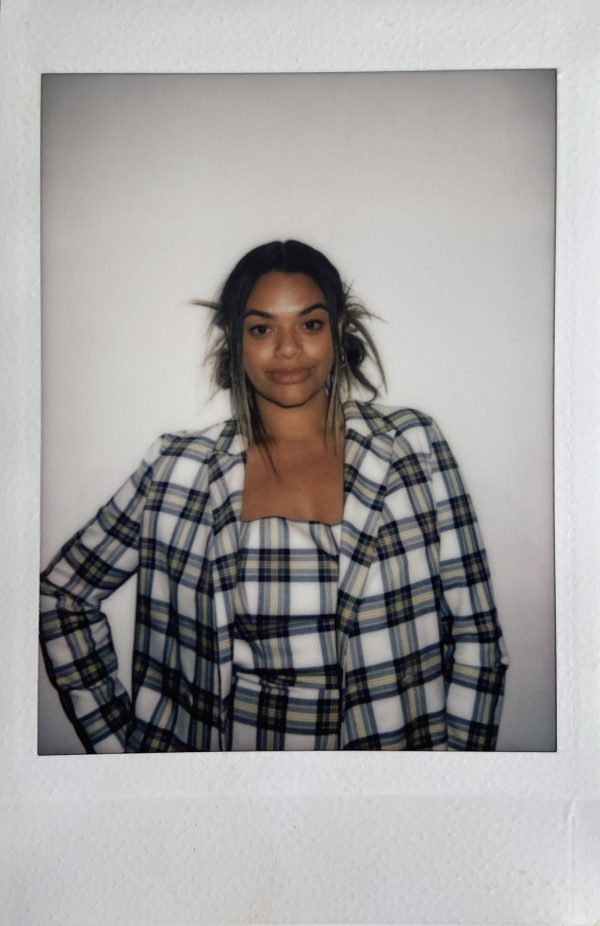Read Time 5 minutes
In defence of AI
Photographer Maisie Cousins is well established as an artist with a knack for capturing both the beauty and the yuckiness of the world. Her tightly cropped, colour saturated photographs are an explosion of tempting textures and sublime disgustingness.
Recently she’s turned her talents to experimenting with AI, a technology with its own inherent tension [and a fair bit of contention too]. In this essay for Darklight Art Maisie tells how she has welcomed AI into her artistic practice and of its benefits as an accessible image making tool.
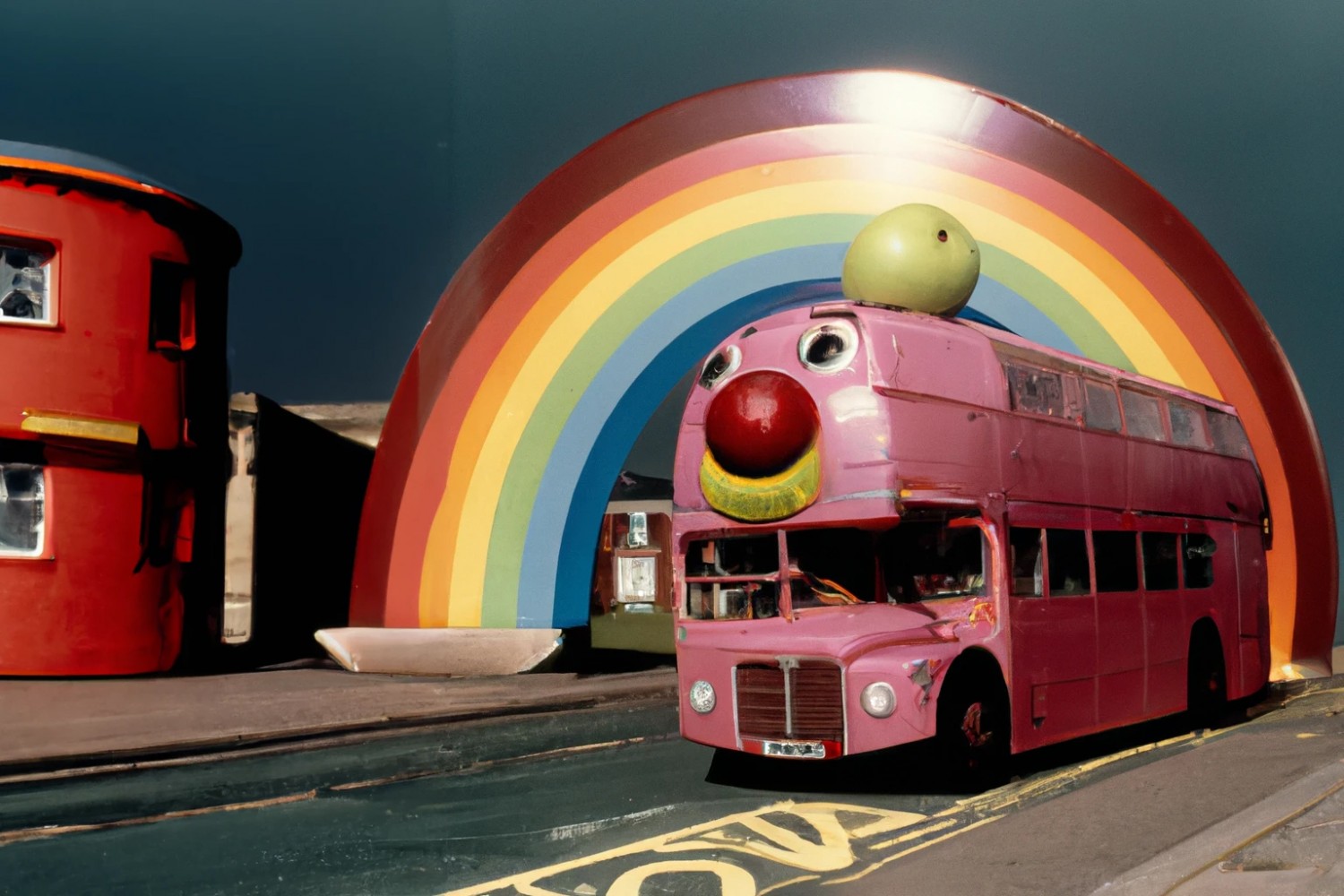
Take any successful fashion photographer you can think of and you’ll be able to match their work to a predecessor. I don’t think this is necessarily a terrible thing… we all have our influences, and to make something purely new is verging on impossible. At school, we were taught art on a tedious curriculum. Point scoring to get us through the next exam. We were encouraged to reference other artists. Everything becomes recycled; referencing and rehashing is not just the preserve of the digital world, and AI technology is hardly the only medium to contend with this. Comparing the skills and concepts behind pre-existing work is how art is generally marked and valued.
When I’ve worked commercially I have had to provide references. It’s a frustrating process, but clients want to see what you will make before you’ve made it, and in the past I have been asked to copy large elements of other people’s images. I’ve come across campaigns were I know my images have been pinched off of Pinterest and stuck on a mood board. I know this because I know how visual culture works within these industries. You can have the best intentions at originality in the world, but ultimately you need client sign-off before you get the job and get paid, and they always want as much reassurance as possible. Using AI feels like making mood boards or sketches but in a way I’ve always dreamed of. You can put together a mood, a scene, a combination of imagery that hits the spot – and you’re not out of pocket in doing so. I think it’s an amazing addition to anyone’s creative arsenal, it’s just about what you use it for.
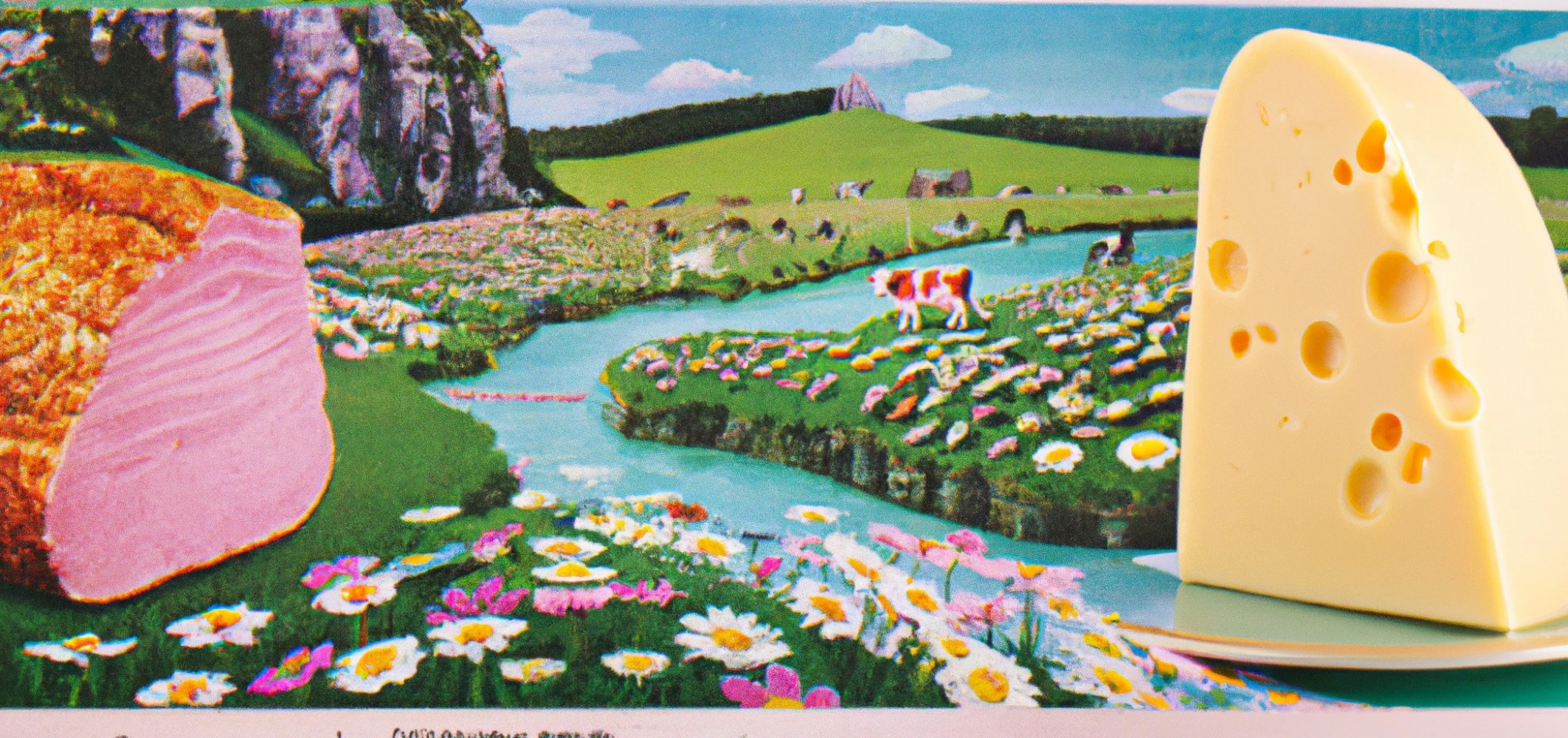
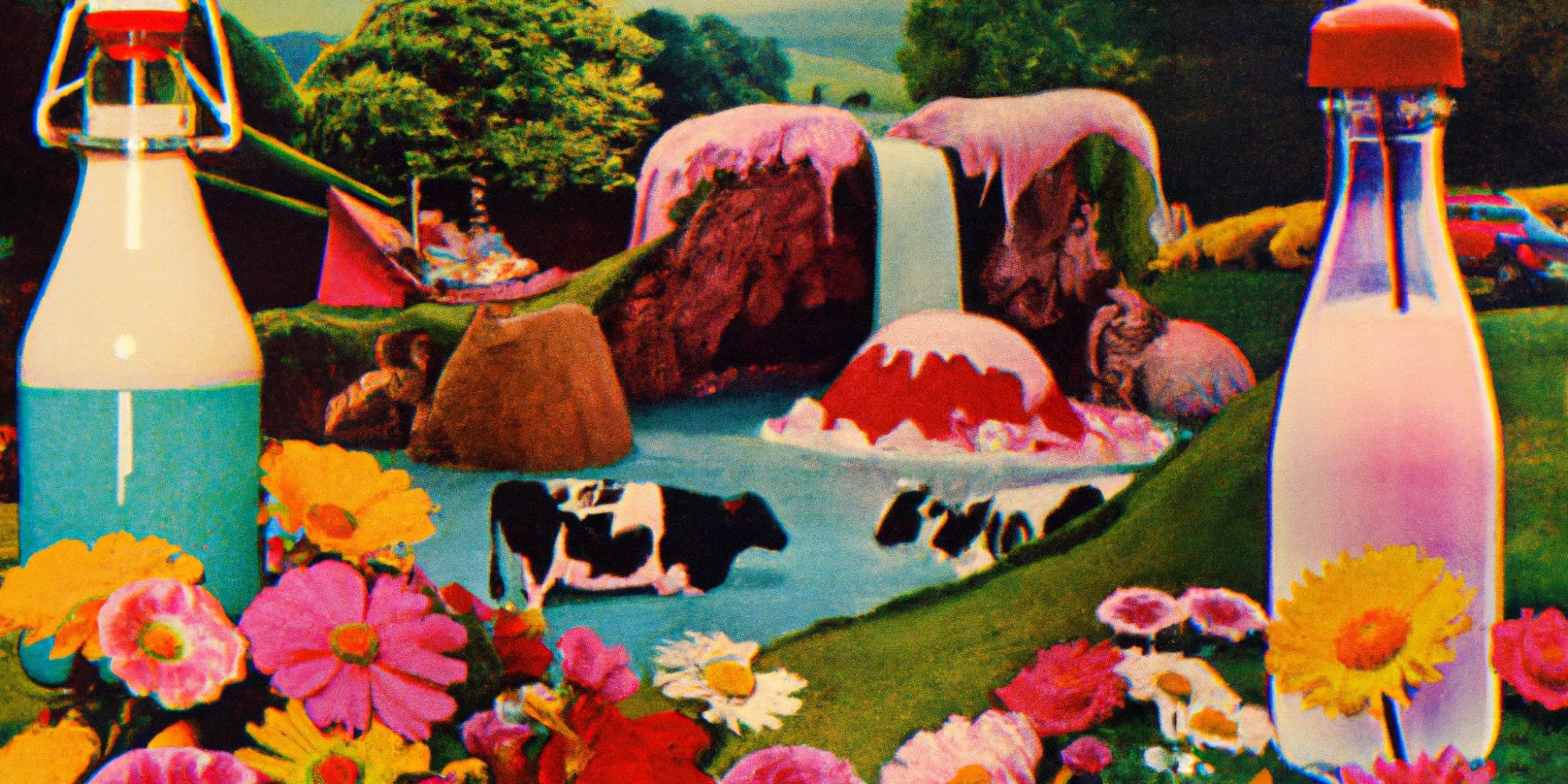
When I first started making AI on DALL∙E my algorithm was pushing a lot of other AI on to my feed. I came across Beth Frey, who has an account called sentientmuppetfactory. We started talking and agreed that it’s basically like gambling, the nature of it is so addictive you think you have more control than you probably do. Putting in prompts and words and context then getting insane things you couldn’t have even imagined. We are both dabbling with DALL∙E in our practices, figuring out how to explore it and expand it. We both agree that just the digital images it produces don’t always feel like enough, they’re a starting point to be developed further.
We’ve never been able to avoid the digitalisation of art, nor should we. Digital artists have been in the picture for ages, and digital photography no doubt upset a lot of people when it was first introduced. Now there is digitally rendered imagery and AI. I don’t think the purist argument for not using this technology is a good one – it’s up to us as artists to make it good.
I started photography as a teenager because, although I wanted to make installations and big paintings, I lived in a small flat where I shared a bedroom with my sister until I left home for university. Digital photography was a way for me to create my own little worlds, stored inside my laptop. I didn’t take up space. I’ve seen high earning photographers bash AI and criticise how easy it is to make, but I think that’s a bit out of touch. Not everybody has loads of resources, and shouldn’t everybody be able to play? The accessible nature offends some people, but there should be no gatekeepers of image making. Those same people say that photography has been devalued by smart phones and the fact that anybody can take a good picture. I think it’s exciting: it keeps things moving and evolving.
Making images using AI is FUN. It’s an exercise in creativity and imagination. The kind of uncanny images you can make are so alluring, and for me it taps into a nostalgia, and a feeling of uncertainty and unease. In visual language these things can be so provocative and addictive.
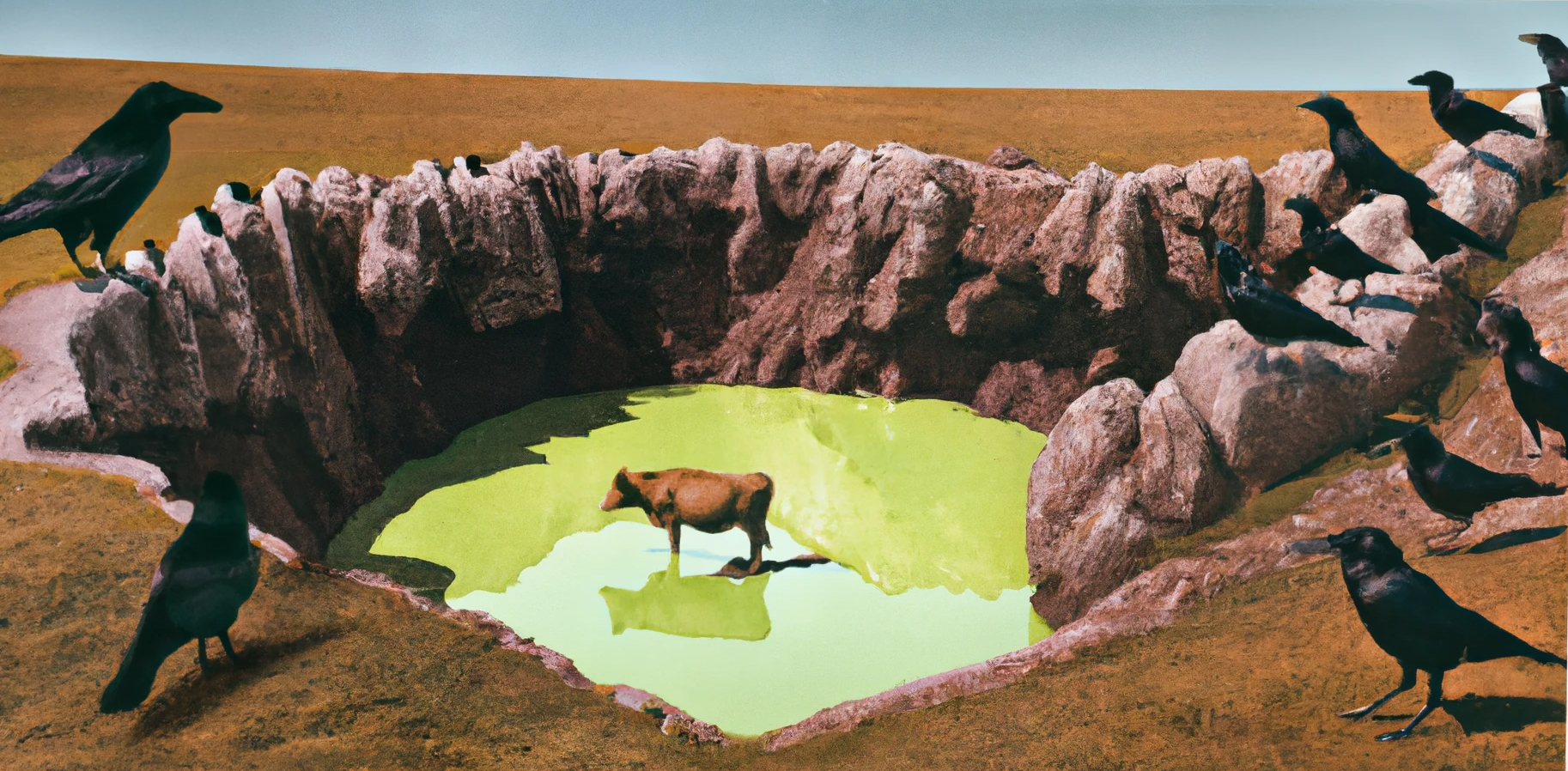
AI discourse has highlighted once again how slow we are to catch up with technology. It’s true to say that there are not enough regulations or safeguarding with these AI tools, and the way it can be used politically is scary: fake news/deep fakes. I feel worried about what hideous things my daughter will come across on the internet when she reaches the impressionable teenage years.
Currently I’m pro-AI. In some ways it’s like the art world equivalent to Brexit in the way it gets people’s knickers in a twist… I enjoy watching that happen.
END
All images courtesy of Maisie Cousins, created using DALL∙E
subscribe for the latest artist interviews,
historical heronies, or images that made me.
what are you in the mood for?
